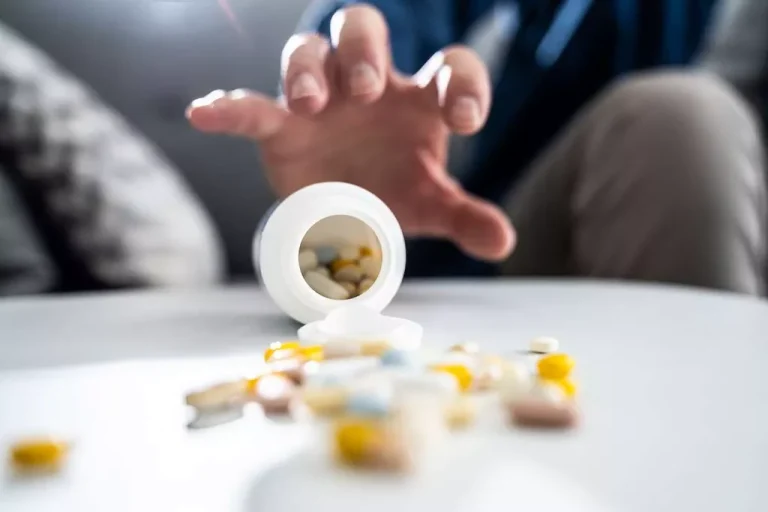
You may Alcohol Relapse be scared or worried, but you dismiss those feelings and stop sharing them with others. If you need help or feel like you could be on the cusp of a relapse, remember that addiction is a chronic disease. You wouldn’t expect that you could self-treat hypertension or diabetes without the help of medical professionals.
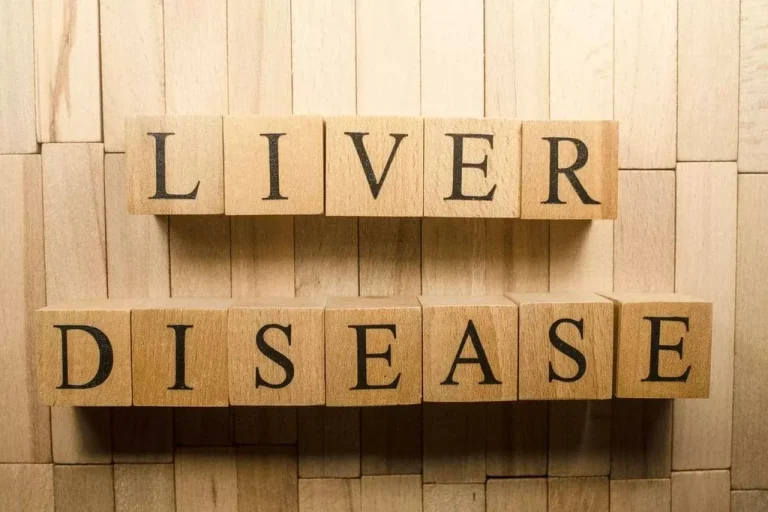
Our state-specific resource guides offer a comprehensive overview of drug and alcohol addiction treatment options available in your area. Understanding triggers for alcohol use is important for someone in recovery and their loved ones. If someone knows their triggers, they can better avoid them and reduce their risk of a relapse. Most physical relapses are considered relapses of opportunity, meaning that they occur when an individual feels they will not get caught. One such neurotransmitter, dopamine, reinforces the connection between drug use, pleasure, and any external triggers that remind the user of the substance. Over time, these dopamine surges teach the brain to seek the drug or alcohol any time the user encounters a trigger.
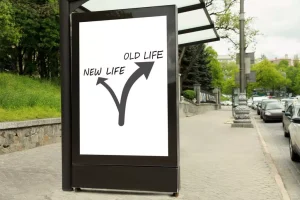
A relapse is a return to drinking or drug use after attempts have previously been made to stop. Before getting to a full-blown relapse, however, a person may experience a lapse, described as the initial use of a substance after a period of recovery.4 The late addiction researcher G. Alan Marlatt, Ph.D., referred to a lapse as an abstinence violation.
When comparing an opioid relapse with other drug relapses and overdoses, it’s important to understand a few things. First is the rate at which opioid tolerance builds, which increases very rapidly when compared with other drugs. So a person is quickly forced to take more and more of the drug to achieve the same effects.
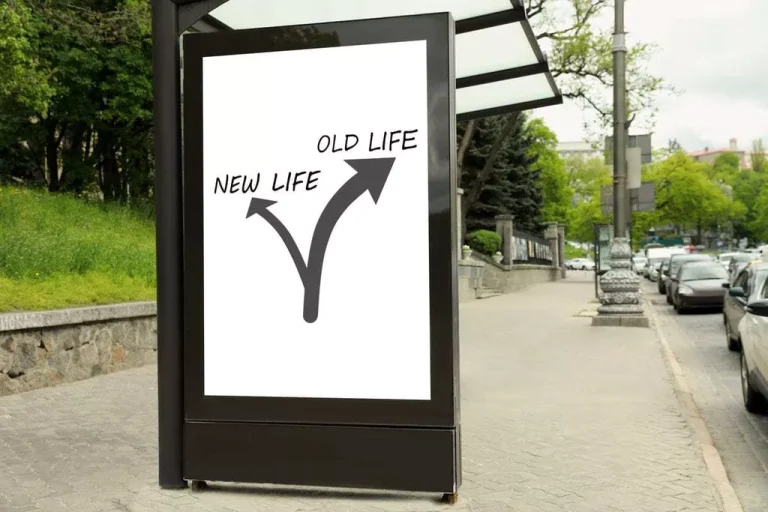
While relapsing can bring about shame and feelings of failure, a relapse is generally accepted as an expected part of the recovery process for most people. It can be compared to someone having a flare-up of their diabetes or hypertension symptoms. Some clinicians will divide this stage of relapse into a lapse and then the actual relapse. A relapse is a return to using alcohol in a way that’s out of control. Alcohol relapse doesn’t mean that you or your treatment program https://ecosoberhouse.com/article/how-to-approach-a-person-who-prefers-avoiding-conflicts/ has failed.
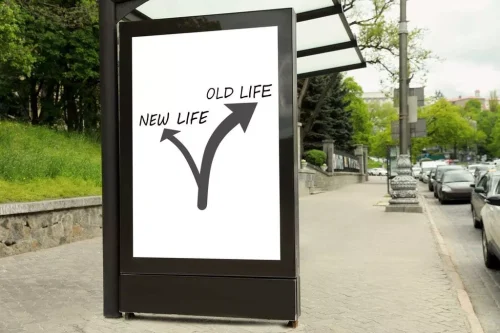
If you’ve experienced a relapse, your next steps are important. A relapse may look different for each person, depending on how much they use and the circumstances surrounding the relapse. When an addicted person acts on their craving, a surge of neurotransmitters causes them to feel pleasure. Therapy combined with an AUD program tends to lead to a high recovery success rate. The mental challenge of this stage is not to let anything make you feel defeated. Reach out for a free and confidential conversation via our hotline at .
OR CALL OUR OFFICE (812) 378-5595